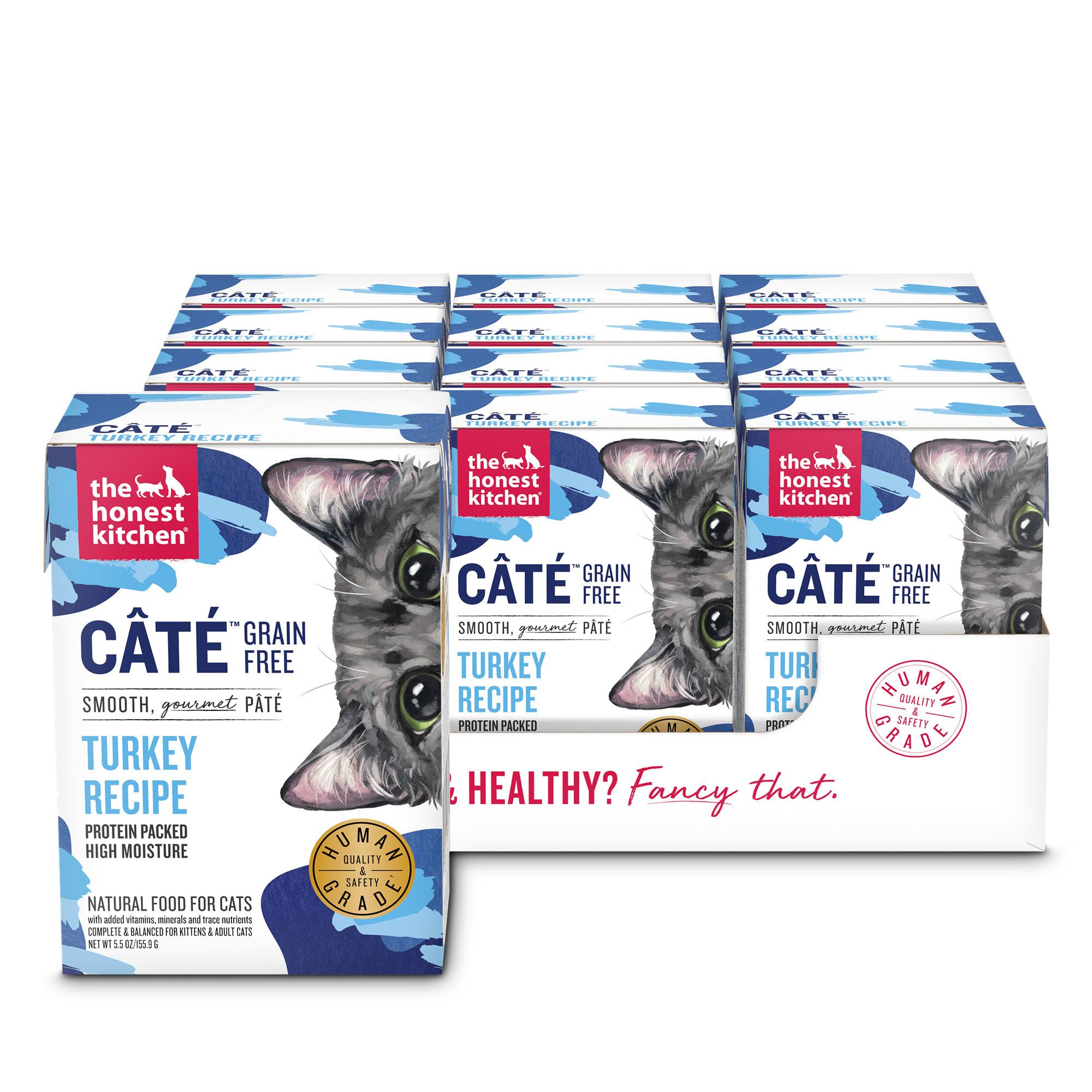Identify Cat Food Recalls

Cat food recalls are issued when a product is found to be unsafe for consumption. This can happen for a variety of reasons, including contamination with bacteria, toxins, or foreign objects. Recalls can be voluntary or mandatory, and they can affect a single product or an entire line of products.
There are two main types of cat food recalls: Class I and Class II. Class I recalls are issued when there is a reasonable probability that the product will cause serious health problems or death. Class II recalls are issued when there is a potential for the product to cause adverse health effects, but the risk is not as severe as with Class I recalls.
In recent years, there have been a number of high-profile cat food recalls. In 2019, the FDA recalled several brands of cat food due to contamination with salmonella. In 2020, the FDA recalled several brands of cat food due to contamination with aflatoxin, a toxin produced by mold. And in 2021, the FDA recalled several brands of cat food due to contamination with foreign objects.
Cat food recalls can have a significant impact on pet owners and the industry. Pet owners may be concerned about the safety of their cat’s food, and they may have to switch to a different brand. The recalls can also lead to lost sales for pet food manufacturers, and they can damage the reputation of the industry.
, Cat food recalls
Reason for Recalls
- Contamination with bacteria, such as Salmonella or Listeria
- Contamination with toxins, such as aflatoxin or heavy metals
- Contamination with foreign objects, such as plastic or metal
- Nutritional deficiencies
- Labeling errors
Impact of Recalls
- Concerns about the safety of cat food
- Loss of sales for pet food manufacturers
- Damage to the reputation of the industry
- In extreme cases, pet illness or death
Causes of Cat Food Recalls
Cat food recalls are an unfortunate reality of the pet food industry. While the vast majority of cat food is safe and nutritious, there are occasional instances where products are recalled due to contamination, manufacturing errors, or ingredient quality issues.
Contamination is one of the most common causes of cat food recalls. This can occur during any stage of the production process, from the sourcing of ingredients to the packaging of the finished product. Contaminants can include bacteria, mold, and heavy metals. Even a small amount of contamination can make cat food unsafe for consumption.
Manufacturing errors can also lead to cat food recalls. These errors can occur at any stage of the production process, from the mixing of ingredients to the packaging of the finished product. Manufacturing errors can result in products that are undercooked, overcooked, or contaminated with foreign objects.
Ingredient quality is another important factor that can contribute to cat food recalls. If the ingredients used in cat food are of poor quality, the finished product may not be safe or nutritious for cats. This can include ingredients that are contaminated with pesticides or herbicides, or ingredients that are not properly stored or handled.
The process of investigating and identifying the cause of a cat food recall can be complex and time-consuming. The FDA typically works with the manufacturer of the recalled product to determine the cause of the recall and to develop a plan to prevent future recalls.
Role of the FDA in Cat Food Recalls
The FDA is responsible for regulating the safety of pet food in the United States. The FDA works with pet food manufacturers to ensure that their products are safe and nutritious for animals. The FDA also investigates pet food recalls and takes action to prevent future recalls.
- The FDA has a number of tools at its disposal to ensure the safety of pet food, including:
- Inspection of pet food manufacturing facilities
- Review of pet food labels
- Testing of pet food products
- Investigation of pet food recalls
The FDA works closely with pet food manufacturers to develop and implement safety measures to prevent recalls. The FDA also works with other government agencies, such as the USDA and the EPA, to ensure the safety of pet food.
The recent cat food recalls have sparked concerns among pet owners. While authorities investigate the cause, another unsettling incident has come to light. Jay Slater, a British tourist, has been reported missing in Tenerife. His disappearance has left his family and friends in anguish, as they desperately search for answers.
As the investigation into Jay’s disappearance continues, the cat food recalls serve as a reminder of the importance of vigilance and caution when it comes to the safety of our loved ones, both human and feline.
The recent spate of cat food recalls has left many pet owners concerned about the safety of their furry friends’ meals. While it’s important to be vigilant about potential hazards, it’s also worth noting that stolen goods are a growing problem in San Francisco, as reported in this article.
The city has seen a sharp rise in the number of thefts, with everything from bicycles to catalytic converters being targeted. It’s a reminder that vigilance is key, both in keeping our pets safe and in protecting our belongings.
